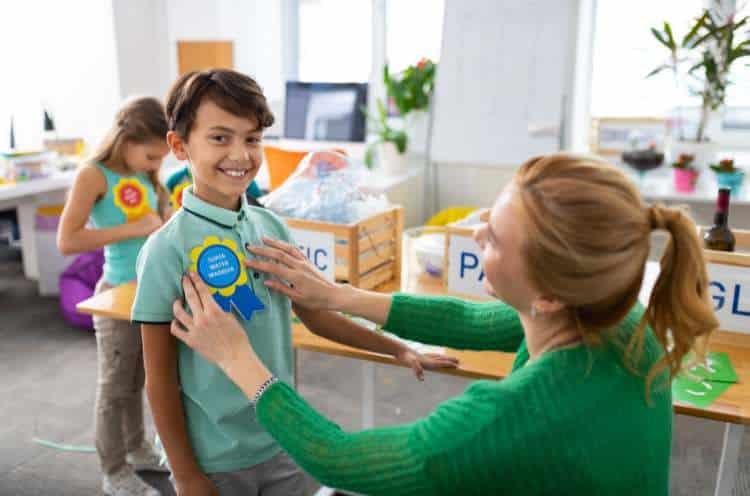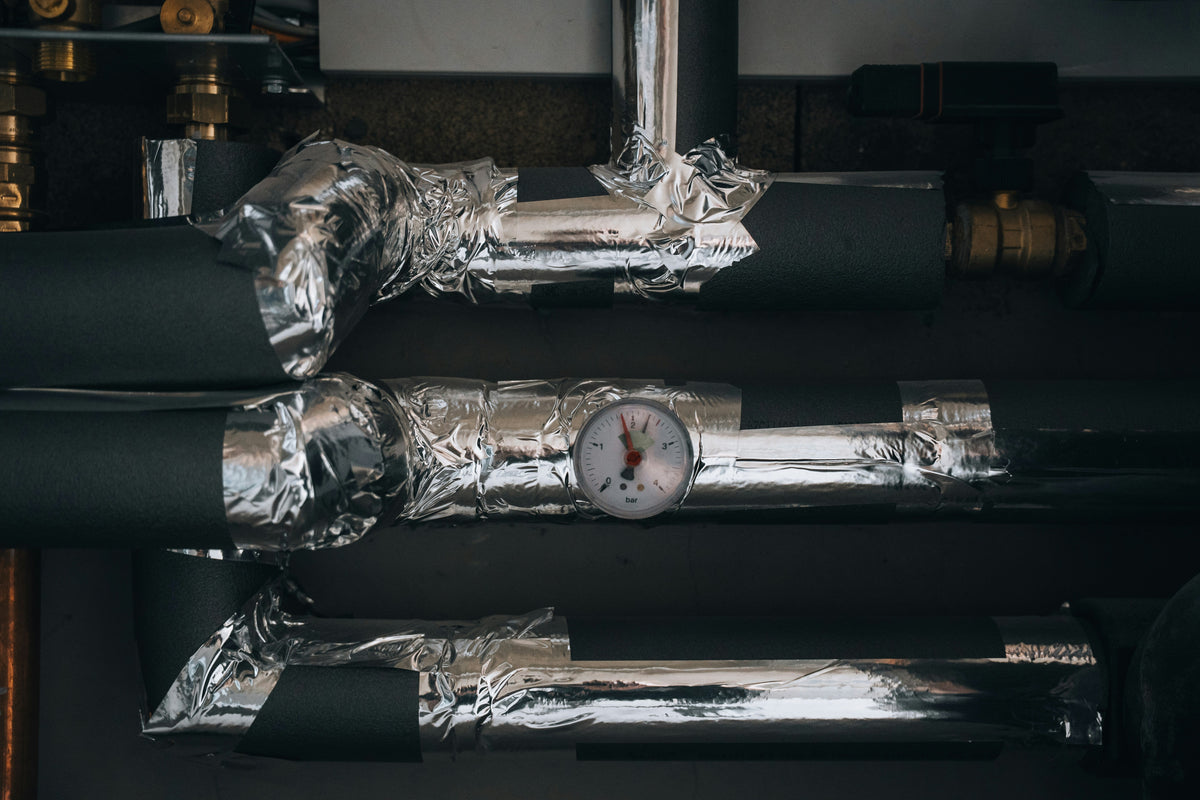Many modern couples are rethinking traditional wedding registries by adding sustainable choices that reflect their values. Instead of filling your home with items you may never use, you can include eco-friendly gifts such as beeswax wraps, glass containers, or durable dishware that support a low-waste lifestyle. Donation options are another thoughtful way to reduce unnecessary consumption, allowing guests to contribute to charities, honeymoon funds, or even eco-causes you both care about. Linking your registry to ethical and eco-conscious stores also ensures purchases support businesses with greener practices. Choosing high-quality items that last longer further minimises waste while providing practical essentials for your new life together. A sustainable gift registry is more than a trend-it’s a meaningful way to celebrate love while protecting the planet.
Share your articles with us and get published! Reach out at hello@friendlyturtle.com.
10 Benefits of Environmental Education in 2023

Environmental education is fast becoming a common part of the modern-day educational system. Everyone needs to know about the environment, especially with the potential climate change problems.
Hence, schools are trying to get more students to express their knowledge. Multiple research papers and other works are conducted and created based on the topic. There is a growing need for a quick essay writing service to help students analyze it more extensively. There’s a discussion on the importance of incorporating eco-education into school curricula.
In this article, we'll explore the numerous benefits of environmental education and how it plays a critical role in creating a more sustainable future for our planet.
10 Major Benefits of Environmental Education
- Increased Environmental Awareness
- energy usage
- transportation choices
- waste disposal.
- Conservation of Natural Resources
Environmental education helps us understand the importance of conserving natural resources. These resources include water, soil, and air.
We will learn about the sustainable use of resources, the impact of overconsumption, and how to reduce waste. Eco-education aims to instill in people an understanding of how humans interact with the natural world. In the classroom, students learn about sustainability project ideas for college students that promote eco-friendly practices on campus and beyond.
- Developing critical-thinking skills
The ability to think critically is a prerequisite to human adaptation to the environment. Eco-education encourages individuals to think about complex issues and develop problem-solving skills. This includes the following ideas.
- Understanding the causes and effects of environmental problems.
- Analyzing data and information.
- Developing strategies for solving environmental challenges.
- Enhanced Decision-making capabilities
Decision-making is key to the future of our environment. Eco-education equips individuals with the information required to make informed decisions about environmental issues. This is crucial to making sustainable choices that benefit the environment and their communities.
- Promotion of Sustainable Practice
Environmental education can encourage you to adopt sustainable practices. These practices include recycling, reducing waste, and using renewable energy sources. Promoting sustainable practices reduces the negative impact and helps create a more sustainable future.
- Health Improvement
Eco-study teaches us how the environment affects our health. It’s the best way to promote healthy behaviors. Students will understand the impact of air and water pollution on health. Also, this study promotes physical activities and a healthy diet.
- Promoting Environmental Advocacy
Environmental education can inspire students to become advocates for environmental protection and sustainability. By understanding the importance of environmental protection, you become more interested in policies and practices. This will help promote sustainability and protect the planet.
- Increased Appreciation for Nature
Mother nature is unarguably a lovely sight to behold. Environmental education will make students better appreciate the natural world and its beauty. By learning about the environment and its natural systems, individuals can develop a greater sense of wonder and awe for the world around them.
- Preparation for Future Challenges
- understanding the impact of climate change.
- developing strategies for adaptation and mitigation.
- promoting sustainability and environmental protection in their communities.
Environmental education creates a more sustainable and resilient future by preparing you for the challenges ahead.
- Development of Environmental Stewardship
It encourages individuals to take responsibility for their environmental impact and become stewards of the Earth. This includes understanding the impact of their actions and making sustainable choices. Also, people begin to work to safeguard their environment actively.
The Importance of Ecology
Ecology is the scientific study of how organisms interact with each other and their environment. It is a crucial field of study with significant importance for several reasons.
By understanding the interactions between different species and their environment, we can identify and address ecological problems. These include biodiversity loss and habitat destruction.
Studying different species, their distribution, and the factors that impact their survival are also beneficial. They allow ecologists to identify and protect threatened species and their habitats.
Also, we can manage natural resources to meet current needs while preserving them for future generations.
Ecology provides scientific evidence to support environmental policy development. Policymakers develop regulations that promote sustainability and protect the environment. The concept exposes global ecological challenges such as climate change, pollution, and ecosystem degradation.
The Positive Impact of Eco-Education on Children
Eco-education, or environmental education have several positive effects on children, including:
-
Increased environmental awareness
Eco-education can help children develop an awareness of environmental issues and their impact on the planet. Children can develop a deeper appreciation for the natural world and the importance of protecting it by learning about climate change, pollution, and biodiversity loss.
-
Improved academic performance
A publication has shown that eco-education improves academic performance. These improvements are more evident in science and math. Hands-on activities and fieldwork help children develop the following:
- Critical thinking skills
- Problem-solving abilities
- An appreciation for modern science.
-
Development of pro-environmental attitudes
By learning about sustainable practices, children can adopt environmentally friendly habits that last a lifetime.
-
Health benefits
Eco-education promotes physical activity and outdoor play, which have numerous health benefits. Spending time in nature has been linked to improved mental health, and reduced stress levels.
-
Responsible citizenship
Eco-education helps children feel responsible for the environment and their communities. Children become more engaged in their communities by learning about environmental issues and sustainable practices.
Conclusion
Environmental education is crucial for building a sustainable future. It will ensure that the next generation is equipped with the knowledge and skills to address the pressing environmental challenges.
Also, environmental education fosters a sense of responsibility and stewardship towards the environment. The knowledge you gain will make you feel the need to take action to preserve resources.
0 comments
Let customers speak for us
Blog posts
A low-waste home renovation is about more than reducing rubbish - it’s about making mindful choices, reusing resources, and cutting unnecessary costs. By setting clear goals, you can plan ahead to reuse or donate old fixtures, cabinets, and doors, while ensuring contractors align with recycling practices. Accurate measurements prevent over-ordering, saving both money and materials. Opting for durable, sustainable products like reclaimed wood or recycled steel ensures your upgrades last longer and reduce future waste. Repurposing existing elements adds charm and sustainability, turning old bricks or timber into unique design features. Partnering with eco-conscious professionals and responsibly donating unused supplies helps keep materials out of landfills. With careful planning, your renovation becomes a blueprint for sustainable living - practical, stylish, and planet-friendly.
Energy-efficient HVAC systems are at the heart of sustainable home design, reducing waste, cutting energy bills, and supporting a lower carbon footprint. As one of the largest sources of household energy use, HVAC plays a crucial role in making homes both eco-friendly and cost-effective. By designing efficient ductwork, sealing leaks, and integrating smart layouts, architects can minimise energy loss while maximising comfort. Modern HVAC technology not only lowers greenhouse gas emissions but also delivers consistent indoor temperatures without compromise. When planned from the start, energy-efficient HVAC supports renewable integration, reduces long-term costs, and creates homes that are healthier, greener, and more desirable for future buyers.



